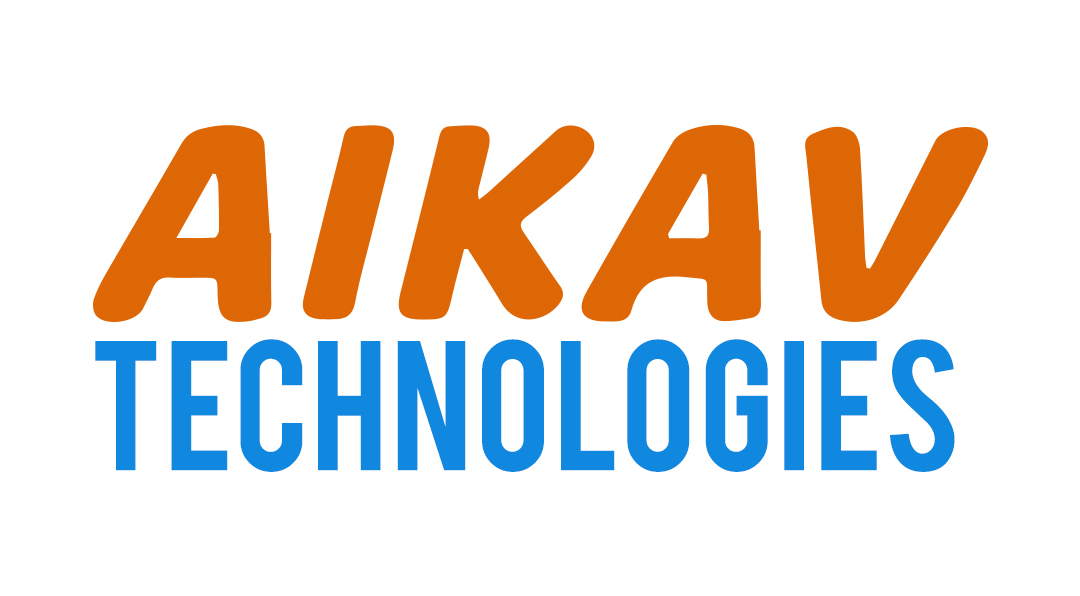
When it comes to launching an online store, choosing the right eCommerce platform can make or break your business. Two popular platforms—Shopify and Drupal Commerce—often come up in the conversation, but they cater to very different types of users and business needs.
So, which one should you choose? The answer depends on your business goals, technical capabilities, and long-term plans. Let’s break down the key differences between Shopify and Drupal Commerce to help you make the best decision for your business.
🛒 What Is Shopify?
Shopify is a fully hosted, SaaS (Software-as-a-Service) eCommerce platform. It’s designed to be user-friendly, with an intuitive interface, quick setup, and built-in tools for selling online. From small startups to big brands, Shopify powers over a million businesses worldwide.
✅ Key Features:
Drag-and-drop store builder
Secure hosting included
Payment gateway integrations
App store with thousands of extensions
24/7 support
🧱 What Is Drupal Commerce?
Drupal Commerce is an open-source eCommerce solution built on top of the Drupal CMS. It’s ideal for businesses that need deep customization, advanced content management, and full control over every part of their store.
✅ Key Features:
Built-in with Drupal’s content architecture
Highly customizable product catalogs
Advanced workflows and user permissions
Seamless content and commerce integration
Scalable and developer-friendly
🔍 Head-to-Head Comparison
Let’s compare Shopify and Drupal Commerce across the most important areas:
1. 🚀 Ease of Use
Shopify: Extremely easy to use. No coding required. Perfect for beginners.
Drupal Commerce: Developer-focused. Requires knowledge of Drupal and web development.
✅ Winner: Shopify for ease and speed of setup.
2. ⚙️ Customization and Flexibility
Shopify: Limited to what's available through themes and apps. Customization possible but constrained.
Drupal Commerce: Complete control over design, functionality, and data structures.
✅ Winner: Drupal Commerce for advanced custom needs.
3. 💰 Cost and Pricing
Shopify: Monthly subscription (starts at $39/month), plus transaction fees unless you use Shopify Payments. Costs can rise with premium themes and apps.
Drupal Commerce: Free and open source. You pay for hosting, development, and maintenance.
✅ Winner: Depends. Shopify is more predictable, but Drupal Commerce has a lower long-term cost if you already have a development team.
4. 🌍 Scalability
Shopify: Scales well with built-in hosting and infrastructure. Great for high-traffic stores.
Drupal Commerce: Infinitely scalable, especially when paired with enterprise hosting. Ideal for complex and high-volume businesses.
✅ Winner: Tie, depending on business model and growth projections.
5. 🔐 Security
Shopify: PCI-DSS compliant, SSL included, automatic updates.
Drupal Commerce: Requires manual setup but offers enterprise-level security. Great for businesses that need full control and compliance.
✅ Winner: Shopify for simplicity, Drupal Commerce for control and compliance.
6. 🎯 SEO and Content Marketing
Shopify: Good out of the box, but limited for content-heavy strategies.
Drupal Commerce: Built on Drupal, one of the best CMS platforms for structured content and SEO.
✅ Winner: Drupal Commerce for content-driven eCommerce strategies.
7. 🧩 Third-Party Integrations
Shopify: Thousands of apps in the Shopify App Store. Easy to integrate tools like email marketing, analytics, and inventory.
Drupal Commerce: Integrates with anything, but often requires custom development.
✅ Winner: Shopify for plug-and-play integrations, Drupal Commerce for enterprise-level custom integrations.
8. 🛠️ Development and Maintenance
Shopify: You don’t need developers for basic needs. Shopify handles hosting, security, and updates.
Drupal Commerce: Requires ongoing developer involvement, but gives you total control.
✅ Winner: Shopify for startups and non-tech teams. Drupal Commerce for businesses with internal dev teams or agency support.
🧠 Who Should Use Shopify?
Shopify is best for:
Small to mid-sized businesses
Non-technical users
Entrepreneurs looking for fast setup
Businesses without in-house development teams
Subscription or dropshipping stores
🧠 Who Should Use Drupal Commerce?
Drupal Commerce is ideal for:
Large businesses with complex product structures
Content-heavy or multilingual websites
Enterprises needing deep customization
Organizations that already use or plan to use Drupal
Sites requiring custom user roles, workflows, or data integrations
✅ Final Verdict: Which One Is Right for You?
| Feature | Shopify | Drupal Commerce |
|---|---|---|
| Ease of Use | ⭐⭐⭐⭐⭐ | ⭐⭐ |
| Customization | ⭐⭐ | ⭐⭐⭐⭐⭐ |
| Cost Control | ⭐⭐ | ⭐⭐⭐⭐ |
| Content Management | ⭐⭐ | ⭐⭐⭐⭐⭐ |
| Scalability | ⭐⭐⭐⭐ | ⭐⭐⭐⭐ |
| Security | ⭐⭐⭐⭐⭐ | ⭐⭐⭐⭐ |
| Integrations | ⭐⭐⭐⭐ | ⭐⭐⭐ |
Choose Shopify if you want a ready-made, easy-to-use eCommerce platform that just works.
Choose Drupal Commerce if you need complete flexibility, enterprise-grade customization, and a powerful CMS behind your store.
💬 Need Help Deciding?
Not sure which platform fits your needs? Drop us a message—we help businesses choose the right tech stack based on goals, budget, and growth strategy.
Let me know if you'd like:
A shortened version for a blog excerpt
A comparison table image for social sharing
Help with meta description, keywords, or social media captions
Want to create a Drupal Commerce vs WooCommerce version next? I can write that too!
